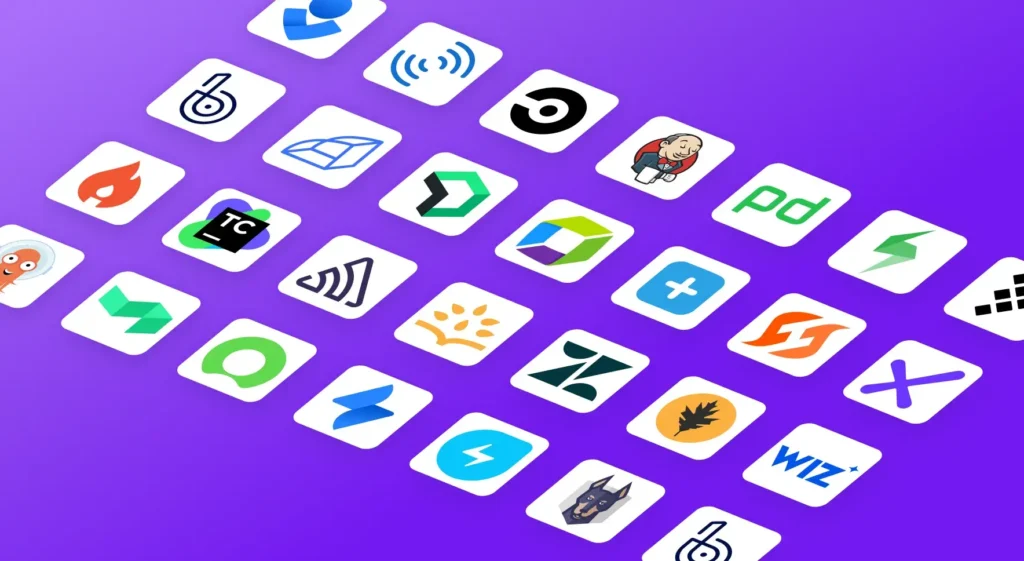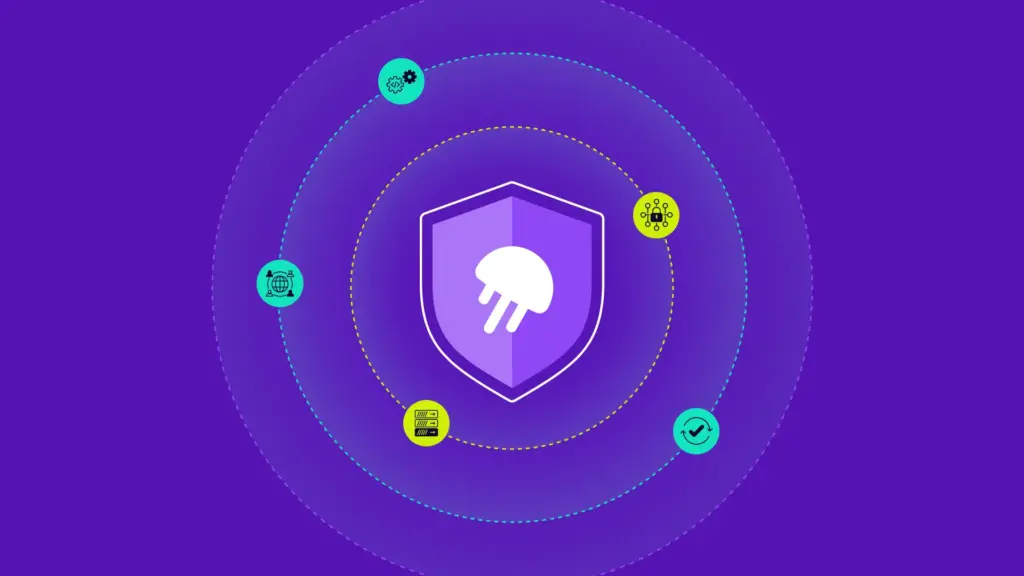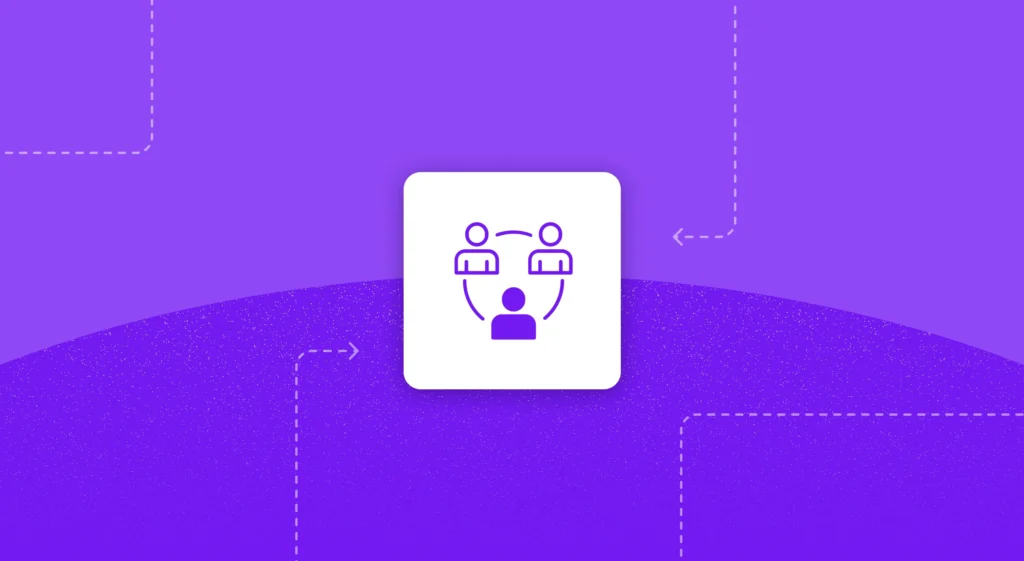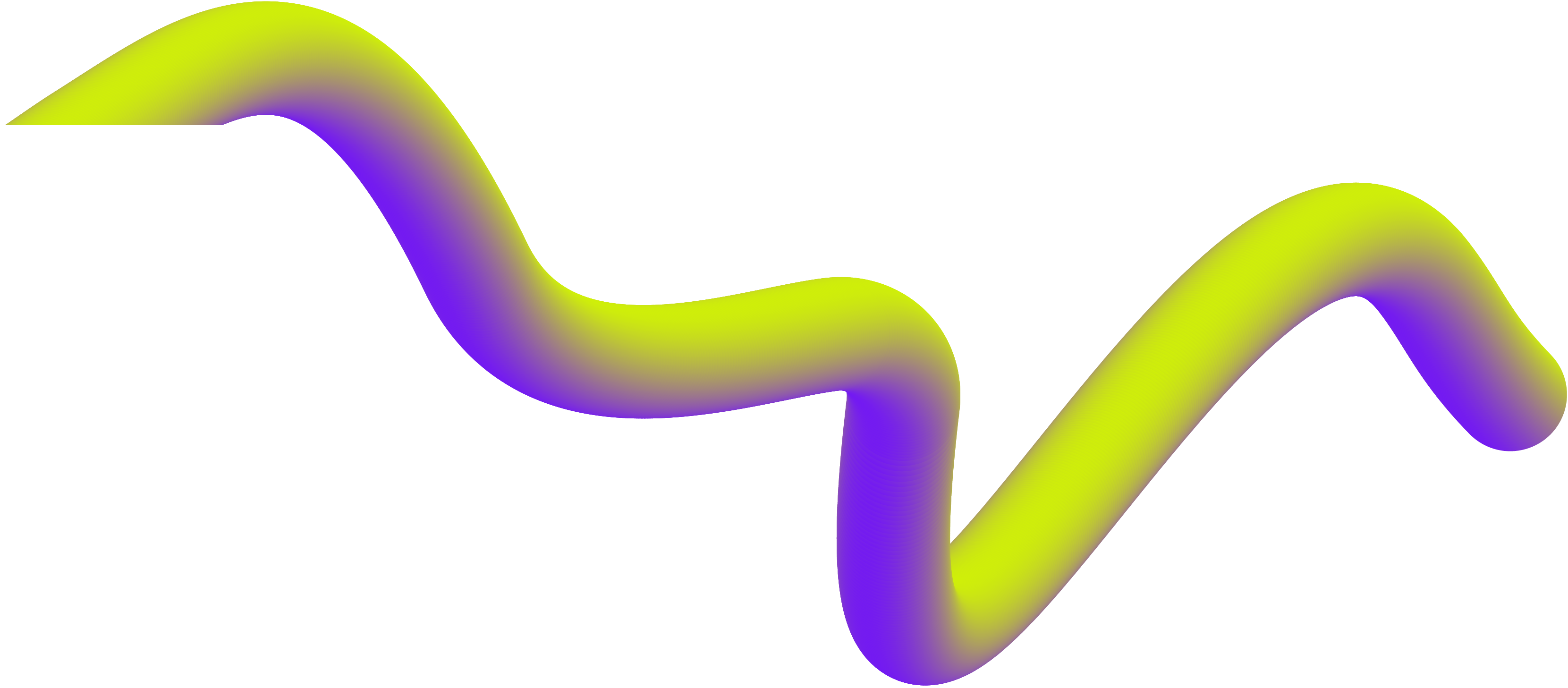In this article
At last month’s GLOWLive, we heard from industry leaders at FanDuel, GitHub, and IBM on how AI coding tools are transforming software development. The conversation revolved around how AI boosts both developer productivity and satisfaction, allowing engineers to focus on the work they enjoy, stay in the flow longer, and realize measurable performance gains.
But there are still barriers to AI adoption. Lack of trust, tech stack readiness, and limitations of some AI models are holding some organizations back from diving in headfirst. At GLOWLive, we encouraged leaders to embrace change and experiment, and internally, we’re following the same guidance. In fact, we’ve built our strategic themes for the year with these ideas in mind, and in Jellyfish’s May Deep Dive webinar we shared a bit on how we’re bringing them to life.
Let’s take a look 👀
Understanding impact in a changing AI ecosystem
Understanding impact in a changing AI ecosystem
With AI coding tools so quickly evolving, organizations need to readily experiment or risk falling behind. Jellyfish provides the insights engineering leaders need to integrate AI with confidence and answer difficult questions around ROI, staffing and engineering workflows.
As a first step to getting the most out of your AI investments, leaders have to deeply understand their org’s coding tool adoption and usage patterns. Tracking engagement over time in Jellyfish helps leaders identify power users and offer training to those who need support. Jellyfish also provides targeted recommendations for leveling up casual users and capturing best practices from the team’s AI evangelists.
As leaders look at AI Impact across their organization, they can use Jellyfish to deeply investigate the downstream impact of coding assistants on their teams’ productivity and workflows. Jellyfish allows you to filter by role and experience, find patterns and trends in adoption, and achieve a more holistic view of AI impact across the organization.
Summaries and alerts drive focus and action
Summaries and alerts drive focus and action
Engineering managers already have access to a huge amount of data, and that’s only going to increase as AI adoption grows. With new AI-driven summaries and alerts – integrated seamlessly into an engineering manager’s workflows – leaders can cut through the noise and focus their attention on actions that make an impact.
The Jellyfish Command Center helps engineering managers prepare for daily stand ups with insights into open PRs, epics per engineer, and stuck issues. Summarized allocations data can also shape those daily conversations and keep engineers focused on the highest priorities.

AI-powered summarization of DevEx surveys provide a starting point for productive retrospective meetings. By pulling insights from the pool of survey comments and determining sentiment, AI drastically reduces the time it takes to reach actionable insights into team health. Managers can instantly see areas of dissatisfaction around tooling or processes and catalyze the right discussions in retros.
In an engineering environment that’s often fast-paced and complex, it can be difficult to stay on top of bottlenecks. Jellyfish Slack Alerts help keep managers informed, calling out open PRs or issues stuck in review. Alerts also reveal issues generating a lot of back and forth that leaders might want to elevate to a live conversation.

Leveling up coaching with data and context
Leveling up coaching with data and context
Jellyfish provides the data managers need to prepare for actionable one-on-one conversations. EMs can quickly get up to speed with a direct report’s latest work and spot changes worth digging into. By comparing an engineer’s recent work activities to their historical benchmarks, managers can catch noteworthy patterns and provide the right support at the right moment.

For engineering managers, these one-on-one conversations require copious preparation – especially if you want to deliver the personalized feedback that will help engineers grow and improve. We’re focused on helping managers prepare for those conversations and deliver better feedback at scale: AI discussion topics will soon be available in Jellyfish, helping managers identify key action items and guide their one-on-one meetings accordingly. This functionality will also provide insights into factors that could be impacting an engineer’s productivity so that managers can start the conversation with the right context to unblock and help their direct reports.
It’s one thing to know whether your engineers are moving faster or slower; it’s another thing entirely to know why – and how to fix it. Contextual insights will make those underlying reasons clear.
Data-powered plans set the foundation for success
Data-powered plans set the foundation for success
We know that engineering leaders rely on our Capacity Plans to ensure consistent delivery, and we’re taking them to the next level in 2025. Jellyfish will soon offer insights into individual capacity, identifying when over-reliance on a specific engineer happens, and ensuring work is evenly distributed in order to avoid burnout.
We’re also working to help senior leaders understand capacity across teams. With a high-level view, senior leaders can see which teams are overloaded and which have extra bandwidth in order to balance workloads.
New visualizations will help align plans with company strategy. Team leaders will be able to see whether committing to the current plan will drive business goals and, if not, course correct as needed. We’re also exploring ways to assess planning predictability – did the team deliver the business value they’d planned for? Visibility into plans vs. actuals is key to continuous improvement.
Jellyfish will also soon be able to directly inform and guide headcount planning decisions. Leaders can assess different plans and evaluate the impact of increasing or decreasing headcount based on strategic priorities.

Want an even deeper look at what’s coming next in Jellyfish? Check out our 2025 Roadmap Review here and stay tuned for upcoming feature releases.
About the author

Campbell is Director of Product at Jellyfish.





